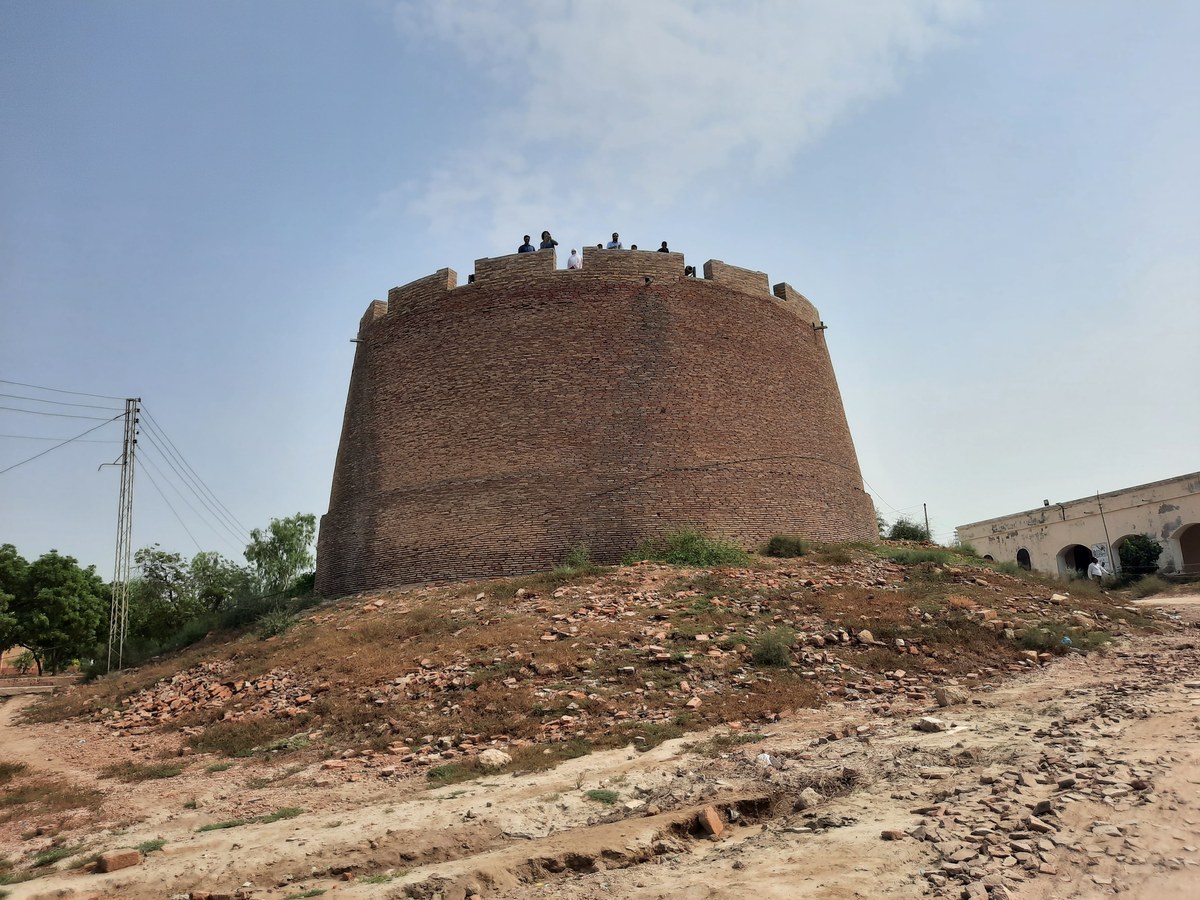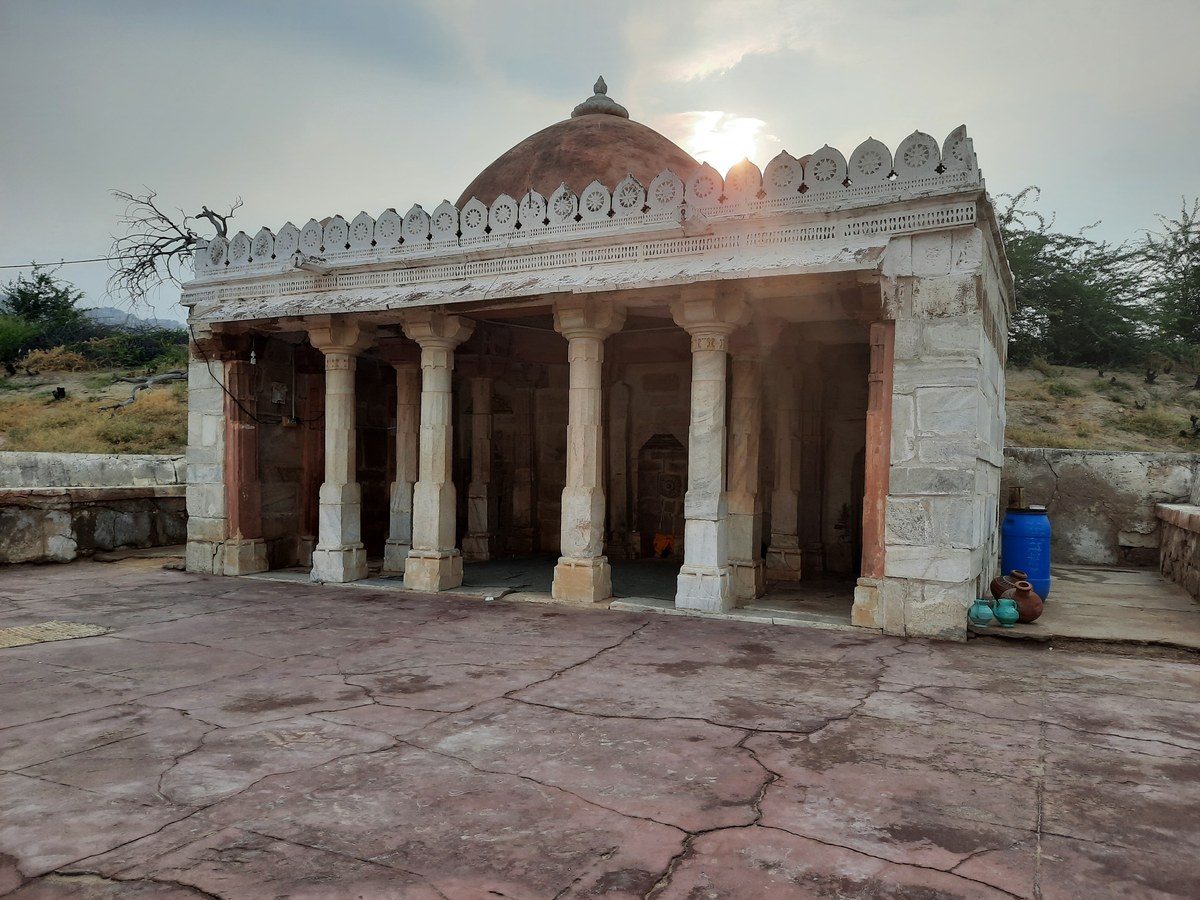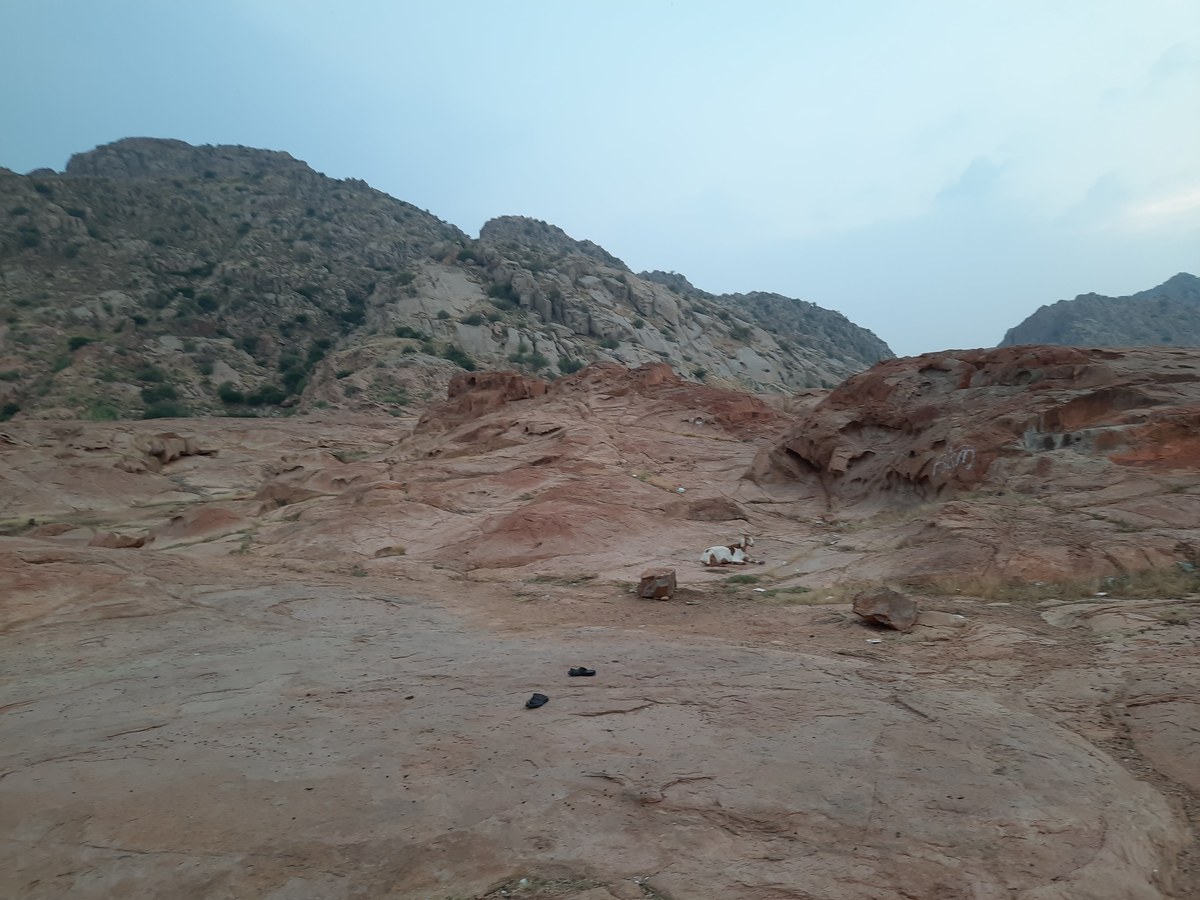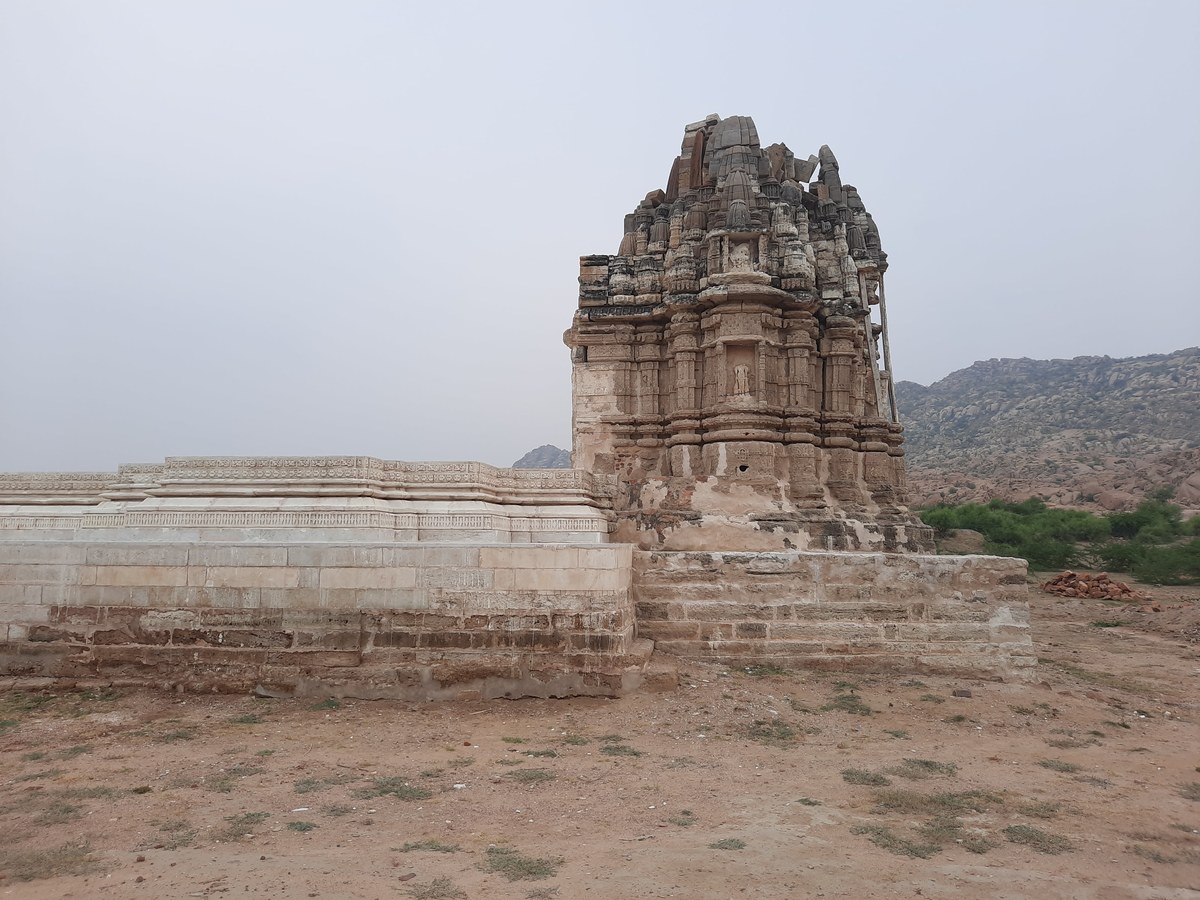KARACHI: Pakistani supply chain fintech firm Haball will raise funds to expand its business into Saudi Arabia and set up a beachhead operation within the next 12 months, its chief executive officer Omer Bin Ahsan said in an interview this week.
Haball announced this month it had raised $52 million to expand its Shariah-compliant supply chain financing and payments services. The funding, led by Zayn VC and Meezan Bank, includes $5 million in equity and $47 million in strategic financing, and will support Haball’s growth plans for Pakistan and expansion into the Middle East, starting with Saudi Arabia this year.
Haball says it provides Shariah-compliant financing to nearly 8,000 small and medium-sized enterprises (SMEs) as well as up to 70 multinationals, in addition to digital invoicing, payment collection and tax compliance services. The company has processed over $3 billion in payments and disbursed more than $140 million in financing.
Habal is now eying “complex large economies” like Saudi Arabia, Iraq, Turkiye and Egypt to expand its digital supply chain invoicing, payments and financing business as Pakistan’s economy stabilizes, with interest rates halving to 12 percent since June and the pace of inflation ebbing last month to a record low of 0.7 percent.
“In the next twelve months, we intend to set up a beachhead operation in Saudi because Saudi is also very nascent in terms of supply chain financing,” Ahsan, who has already made several trips to the Kingdom to secure necessary regulatory permissions, told Arab News in a wide-ranging interview.
A beachhead refers to a strategic approach where a company initially focuses on a small, specific market segment, the beachhead, to establish a strong foothold before expanding to broader markets.
Having a beachhead operation would enable Haball to understand the market dynamics and the credit culture in Saudi Arabia and allow it to anchor with strong partner banks, large corporations and wholesale distributors who would be the beneficiaries of the platform, Ahsan said.
“Using that commercial operation at a pilot level, then we will be able to scale into a wider play, SMEs financing, business-to-business payments, and obviously the ultimate goal of any large fintech is that, when they are into invoice payments or digital payments or financing, to see how we can get into the investment and treasury function of SME banking,” the CEO added.
To expand into Saudi Arabia, Ahsan said the company would have to raise an amount that fit into the costing dynamics and expense outlay of the Kingdom. Haball would also be deploying its technology and the lower-production-cost regime it had built over years in Pakistan to support its operations in Saudi Arabia instead of raising huge amounts of funds.
“The funding requirement would have to be very prudent and would have to be staged in different phases as opposed to raising a large round and making an unnecessary splash that in most cases goes against you,” Ahsan said, declining to disclose the size of the funding as it could impede investor conversations.
Speaking about reasons for wanting to enter Saudi Arabia, the Haball CEO said it was a mature market in terms of credit culture, but SME and supply chain financing still remained “underserved.”
“Looking at Saudi Arabia’s GDP and the non-oil component of the GDP [approximately 52 percent] and then trimming it down to the supply chains that serve the large manufacturer, retail, wholesale, all of that, it’s of a significant size … perhaps parallel or comparable to the size of the total economy of Pakistan. So that’s a very good opportunity for a company such as ours to enter that space.”
Ahsan said the company was also eyeing the Saudi market as it was “Shariah-first.”
“And that product that we’ve built for supply chain financing is indigenously Islamic with multiple Islamic variants.”
The company was in general eyeing “complex economies” with large populations and wide geography for a large distribution operation “because that’s where digital supply chain financing is very meaningful.”
“So countries like Saudi Arabia, countries like Turkiye, countries like Iraq, countries like Egypt, they’re important for us as jurisdictions where this product can have a meaningful impact.”
The game plan was to enter into Gulf markets where the prevailing Islamic finance ecosystem and private debt market was mainly led by big banks.
“The agility of deploying supply chain financing is where the fintechs come in. Our disbursement times are three seconds, not three days,” he said, terming it a “big advantage” for Haball which would aim for 100 percent digitization into the integrated supply chains of Gulf markets to ensure rapid deployment of Islamic finance.
“Rapid deployment is the differentiator between us and any traditional institution,” said the CEO.
“CONTINUITY OF POLICY”
Supply chain finance in Pakistan is nascent but is expected to be worth over $9 billion, driven by the severe financing gap faced by the country’s SMEs, less than 5 percent of which can access financing from commercial banks.
Habal, which means jugular vein in Arabic, is trying to fill this gap, integrating some of the largest supply chains in Pakistan and working with around 70 of the biggest corporations like Coca-Cola, Standard Chartered Bank, Dawlance, Meezan Bank, SereneAir, Colgate Palmolive and National Foods.
“We’re hoping that we will be now quadrupling these numbers in the first few years to come,” said Ahsan, referring to the over $3 billion in payments Haball has processed and more than $140 million in financing it has disbursed to date.
Haball has not tapped even two percent of Pakistan’s supply chain financing potential that ranges from $10 billion to $25 billion, according to reports from the Asian Development Bank and International Finance Corporation.
Lamenting that businesses were still making their payments through cash or open cheques, Ahsan said supply chain financing was a “highly underserved space” in Pakistan which was lagging far behind regional peers.
“The outstanding SME financing portfolio in the country is close to $550 billion rupees and State Bank intends to double this in the next three years along with bringing about 200,000 new bank borrowers,” said the chief executive, adding that the deployment of SME supply chain financing was very rapid and could help Pakistan improve its SME financing numbers.
According to Ahsan, at the close of the current fiscal year, Haball aimed to bring its financial portfolio to about $80 million worth of lines available for strategic financing of the supply chains it served.
“In the next five years, this number can easily cross a billion dollars,” said Ahsan, whose short-term goal is to start operating in Saudi Arabia while chasing the ultimate goal of getting into the functions of an SME bank.
On the challenges the company faced, the Haball CEO said the biggest was the “continuity of policy.”
“Policy changes are so frequent, and the macro environment changes so dramatically that it’s very hard for businesses to reorient themselves and stay agile and stay afloat,” he said.
“I can clearly see that a lot of companies within the fintech space or within the tech startup space struggle with economic uncertainties and the downturns and with macroeconomic stability. That is the biggest challenge of the country.”






















